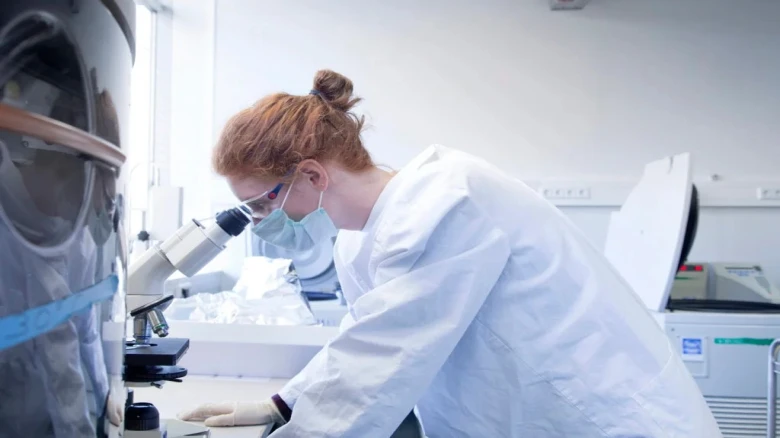This process proves instrumental in preventing allergic reactions to food and microbes during early development...
Digital Desk: Researchers from Weill Cornell Medicine have made a significant discovery shedding light on the crucial role gut bacteria play in immune development, particularly in newborns. Their research, published in Science Immunology on March 15, reveals how certain bacteria colonize the gut soon after birth, producing serotonin—a neurotransmitter essential for instructing immune cells in the gut. This process proves instrumental in preventing allergic reactions to food and microbes during early development.
The study, led by Dr. Melody Zeng, an assistant professor of immunology, underscores the emerging significance of the gut as the "second human brain." Dr. Zeng highlights that while neurotransmitters like serotonin are traditionally associated with brain health, receptors for these neurotransmitters are distributed throughout the body, indicating their diverse roles beyond the central nervous system.
One of the key findings of the research is the high presence of neurotransmitters, particularly serotonin, in the guts of newborn mice compared to adult mice. Contrary to previous beliefs that gut cells produced these neurotransmitters, the study revealed that gut bacteria, more abundant in neonatal guts, are primarily responsible for serotonin production.
The establishment of a biobank of human infant stool samples further validated these findings, confirming that specific gut bacteria are indeed pivotal in generating neurotransmitters crucial for early biological processes.
Lead author Dr. Katherine Sanidad emphasizes that serotonin-producing bacteria not only directly produce serotonin but also inhibit the enzyme responsible for its breakdown, thereby maintaining high serotonin levels. These elevated serotonin levels, in turn, promote the growth of T-regulatory cells (Tregs), essential for preventing inappropriate immune responses.
Dr. Zeng stresses the critical role of beneficial bacteria shortly after birth, particularly in environments where infants have limited exposure to diverse microbes due to sanitized surroundings and antibiotic usage. Insufficient serotonin-producing bacteria could lead to reduced Treg levels, potentially increasing the risk of immune responses towards gut bacteria or food antigens, thus contributing to the rise in food allergies among children in developed nations.
The implications of these findings extend beyond infancy, with potential ramifications for autoimmune diseases in adulthood. Dr. Zeng suggests that educating the infant's immune system to recognize harmless substances early on could mitigate the risk of allergies and autoimmune diseases later in life.
Moving forward, the research team aims to delve deeper into the composition of gut bacteria in human infants, assessing not only serotonin levels but also other neurotransmitters and molecules crucial for immune development. Their ultimate goal is to develop strategies to mitigate the risk of immune-related illnesses such as allergies, infections, and inflammatory diseases.
Dr. Sanidad underscores the importance of further studies focusing on immune development during early life, particularly in newborns and children. By gaining a better understanding of these developmental processes, researchers hope to identify approaches to reduce the prevalence of inflammatory diseases in later life.
The groundbreaking research by Weill Cornell Medicine underscores the pivotal role of gut bacteria in immune development during infancy. These findings not only shed light on the mechanisms underlying early immune responses but also offer potential avenues for reducing the burden of immune-related illnesses in both childhood and adulthood.

Leave A Comment